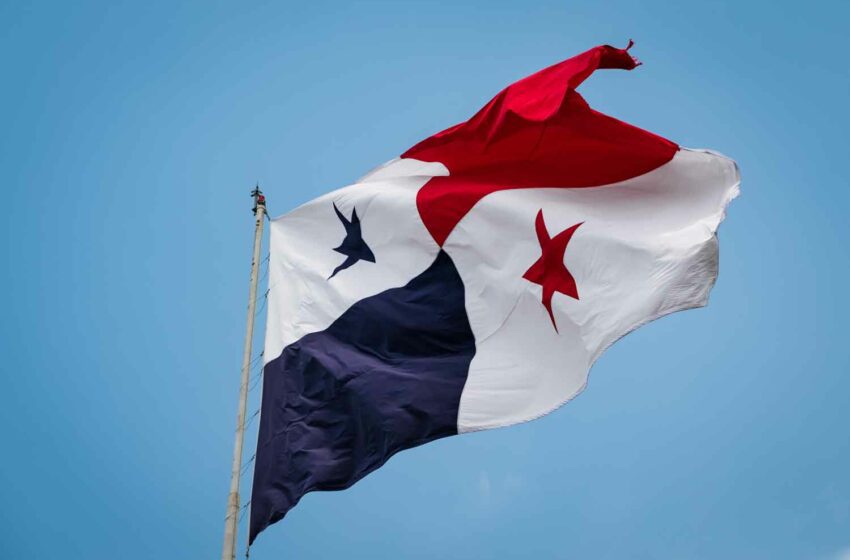
The board of directors for the Brazilian Health Surveillance Agency (Anvisa) voted unanimously on April 19 to maintain a ban on the sale of e-cigarettes and other vaping products, reports Brazil Reports.
Manufacturing, selling, importing and advertising vapes has been banned in the country since 2009, but e-cigarettes remain widely available in small shops and online stores across Brazil.
According the Brazilian Institute of Geography and Statistics, 16.8 percent of students aged 13 to 17 said they had tried vaping at least once in their lives. An estimate 4 million Brazilians vape, according to Covitel, which carries out health-related surveys.
Anvisa’s vote follows a public consultation on the measure. Anvisa justified its position based on the rise in underage vaping in countries that permit e-cigarettes, the addictive properties of nicotine and the lack of long-term studies on the effects of vaping on health, along with the potential impact of allowing vaping on Brazil’s overall tobacco control policies, which have been praised internationally.
In July 2019, Brazil became the second country to fully implement all measures set out by the World Health Organization with the aim of reducing tobacco consumption and protecting people from chronic non-communicable diseases.
In voting to uphold the ban, Anvisa President Antônio Barra Torres cited a December 2023 World Health Organization publication recommending government prohibited electronic cigarettes based on current evidence.
The Brazilian Tobacco Industry Association, ABIFUMO, said that banning vapes is “ignoring the learnings of more than 80 countries that have already authorized their sale with clear rules for control, restriction of points of sale and taxation of manufacturers.”
Philip Morris Brasil said that “maintaining the ban on vapes is out of step with the uncontrolled growth of the illicit market, proven to be accessible to around 4 million Brazilians who use a product daily without any control of quality.”
Meanwhile, the Senate is debating a bill that would authorize the production, import, export and consumption of e-cigarettes in Brazil. The proposal is still in its early stages and does not have a date for voting.





